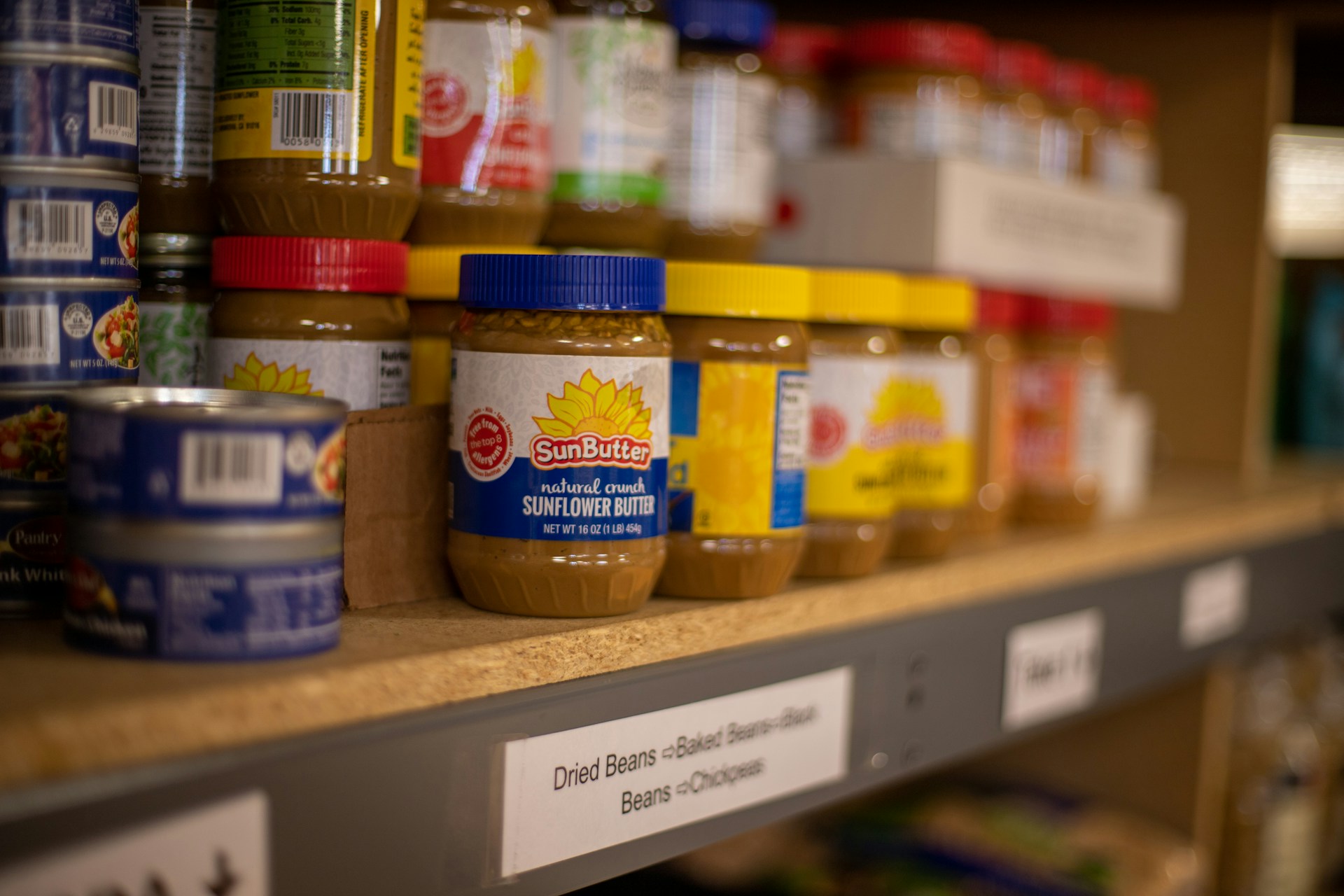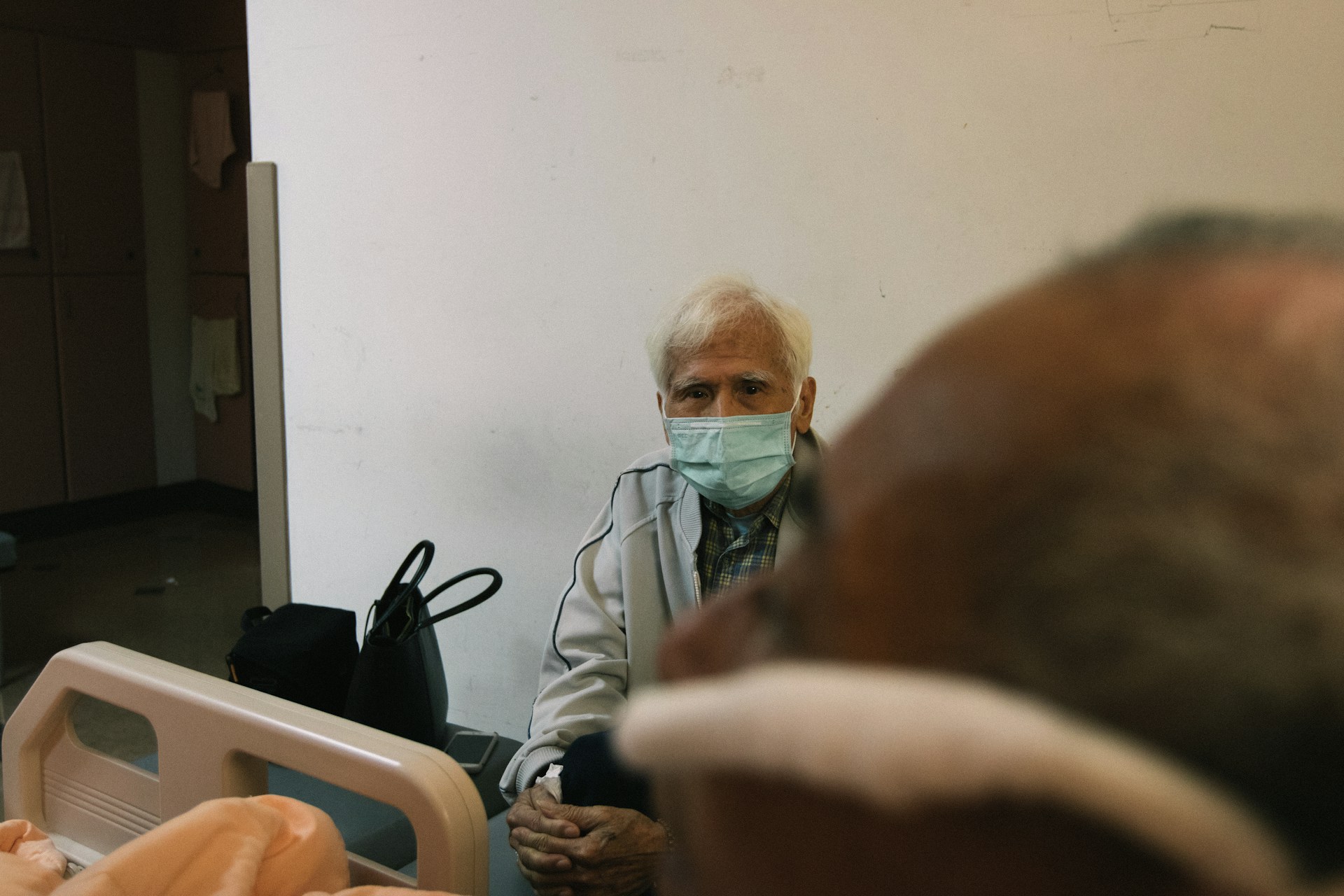Knowledge, Attitudes, and Practices of ICU Medical Staff toward Nutrition Care and its Impact on Patient Recovery in Taiz, Yemen
Pengetahuan, Sikap, dan Praktik Staf Medis ICU terhadap Perawatan Gizi dan Dampaknya terhadap Pemulihan Pasien di Taiz, Yaman

Downloads
Background: Proper nutrition is essential for enhancing patient recovery, especially within hospital environments. ICU medical staff are instrumental in providing appropriate nutritional care, which significantly affects patients' health outcomes. However, in Yemen, the lack of knowledge for assessing nutritional requirements, and the importance of nutrients adequacy for patients underscores the importance of improving staff involvement in nutrition care quality management.
Objectives: The study aimed to determine the nutritional Knowledge, Attitude, and Practice (KAP) of medical staff in the Intensive Care Unit (ICU) in ninth selected hospitals in Taiz City.
Methods: This study used a descriptive cross-sectional design in both governmental and non-governmental hospitals from March 1st,2024 to August 10th,2024. The medical staff who work in ICU were invited to answer questionnaire to assess their knowledge, attitude, and practices related to nutrition care.
Results: Showed that from 87 personal of medical staff in ICUs. Gander and place of work had a significant correlation with their knowledge (p-value=0.049 and p-value=0.007, respectively). Medical staff attitude had no significant correlation. medical staff knowledge/attitude had a significant relationship with Gander and place of work (p-value=0.025 and p-value=0.055, respectively). medical staff practice had a significant relationship with education level and job title (p-value=0.029 and p-value=0.018, respectively). medical staff knowledge and attitude/practice had a significant relationship with Gander (p-value=0.024).
Conclusions: Findings demonstrate that respondents in Taiz, Yemen, had low nutritional KAP scores, indicating inadequate knowledge hindering effective nutrition care in ICUs. High-quality documentation and nutrition knowledge are crucial for improving ICU nutrition practice.
Barbosa, J. almeida guimaraes, Carlos, C. M., Costa, R. F. & Simino, G. P. R. Conhecimento de Enfermeiros Acerca da Terapia Nutricional. Rev. Enferm. Contemp. 9, 33–40 (2020). DOI: https://doi.org/10.17267/2317-3378rec.v9i1.2543.
Van Zanten, A. R. H., De Waele, E. & Wischmeyer, P. E. Nutrition Therapy and Critical Illness: practical guidance for the ICU, post-ICU, and long-term convalescence phases. Crit. Care 23, 368 (2019). DOI: https://doi.org/10.1186/s13054-019-2657-5.
Al Kalaldeh, M. & Shahein, M. Nurses’ Knowledge and Responsibility toward Nutritional Assessment for Patients in Intensive Care Units. J. Heal. Sci. 4, 90–96 (2014). DOI: https://doi.org/10.17532/jhsci.2014.168.
Preiser, J.-C. et al. A Guide to Enteral Nutrition in Intensive Care Units: 10 expert tips for the daily practice. Crit. Care 25, 424 (2021). DOI: https://doi.org/10.1186/s13054-021-03847-4.
Elmokadem, E. M. et al. Assessment of Barriers to Optimum Enteral Nutrition Practices as Perceived by Critical Care Providers. Futur. J. Pharm. Sci. 9, 56 (2023). DOI: https://doi.org/10.1186/s43094-023-00507-y.
Ichimaru, S. Methods of Enteral Nutrition Administration in Critically Ill Patients: Continuous, Cyclic, Intermittent, and Bolus Feeding. Nutr. Clin. Pract. 33, 790–795 (2018). DOI: https://doi.org/10.1002/ncp.10105.
Xu, X., Zhou, J., Pan, K., Zhao, H. & Ying, K. Attitudes toward the American Nutrition Guidelines for the Critically Ill Patients of Chinese Intensive Care Physicians. Asia Pac. J. Clin. Nutr. 24, 347–58 (2015). DOI: https://doi.org/10.6133/apjcn.2015.24.2.02.
Koerner, C. R., de Paula Freitas, J. & Miola, T. M. Assessment of Technical Knowledge on Oral Nutritional Therapy between Physicians and the Nursing Team of a Private Institution. Brazilian J. Oncol. 19, (2023). DOI: https://doi.org/10.5935/2526-8732.20230391.
Bhagavatula, M. & Tuthill, D. The Role of a Hospital Nutrition Support Team. Paediatr. Child Health (Oxford). 21, 389–393 (2011). DOI: https://doi.org/10.1016/j.paed.2011.05.003.
Alagem Mizrahi, A. & Waszyńska, K. Knowledge and Perceived Quality of Nutrition Care amongst Nurses. Stud. Eduk. 291–313 (2020). DOI: https://doi.org/10.14746/se.2020.58.16.
Ramuada, L., Veldsman, L., Livhuwani, N. & Blaauw, R. Assessment of Knowledge, Attitude and Practice of Nurses regarding Enteral Nutrition at a Military Hospital. South African J. Clin. Nutr. 36, 63–69 (2023). DOI: https://doi.org/10.1080/16070658.2022.2076970.
Kang, M. C. et al. Prevalence of Malnutrition in Hospitalized Patients: a Multicenter Cross-sectional Study. J. Korean Med. Sci. 33, (2018). DOI: https://doi.org/10.3346/jkms.2018.33.e10.
Áncer-Rodríguez, P. R. et al. Nutritional Screening and Prevalence of Hospital Malnutrition Risk. University Hospital of the UANL, Monterrey. Med. Univ. 16, 165–170 (2014). www.elsevier.es/en/node/2090153
Shakhshir, M. & Alkaiyat, A. Healthcare Providers’ Knowledge, Attitude, and Practice on Quality of Nutrition Care in Hospitals from a Developing Country: a multicenter experience. J. Heal. Popul. Nutr. 42, 15 (2023). DOI: https://doi.org/10.1186/s41043-023-00355-9.
Gvalani, S. K., Kharat, P. & Vithani, S. Nutrition in ICU Patients. J. Res. Innov. Anesth. 4, 40–44 (2020). DOI: https://doi.org/10.5005/jp-journals-10049-0071.
Sousa, M., Teixeira, V. H. & Soares, J. Dietary Strategies To Recover from Exercise-Induced Muscle Damage. Int. J. Food Sci. Nutr. 65, 151–163 (2014). DOI: https://doi.org/10.3109/09637486.2013.849662.
Steed, D. L. Wound Healing. Surg. Clin. North Am. 83, xi–xii (2003). DOI: https://doi.org/10.1016/S0039-6109(03)00101-4.
Bear, D. et al. Intensive Care Society State of the Art 2018 Abstracts. J. Intensive Care Soc. 20, 1–253 (2019). DOI: https://doi.org/10.1177/175114371983545.
Yuanyuan, M., Fei, T., Chao, Z., Liu, J. & Haiyan, H. Evaluating knowledge, Attitudes, and Practices Regarding Interruption of Enteral Nutrition in ICU Medical staff:A descriptive cross-sectional survey. (2023). DOI: https://doi.org/10.21203/rs.3.rs-2963178/v1.
Dumic, A. et al. Attitudes toward Nutrition Care among General Practitioners in Croatia. J. Clin. Med. 7, 60 (2018). DOI: https://doi.org/10.3390/jcm7040060.
Copyright (c) 2025 Amerta Nutrition

This work is licensed under a Creative Commons Attribution-ShareAlike 4.0 International License.
AMERTA NUTR by Unair is licensed under a Creative Commons Attribution-ShareAlike 4.0 International License.
1. The journal allows the author to hold the copyright of the article without restrictions.
2. The journal allows the author(s) to retain publishing rights without restrictions
3. The legal formal aspect of journal publication accessibility refers to Creative Commons Attribution Share-Alike (CC BY-SA).
4. The Creative Commons Attribution Share-Alike (CC BY-SA) license allows re-distribution and re-use of a licensed work on the conditions that the creator is appropriately credited and that any derivative work is made available under "the same, similar or a compatible license”. Other than the conditions mentioned above, the editorial board is not responsible for copyright violation.












































